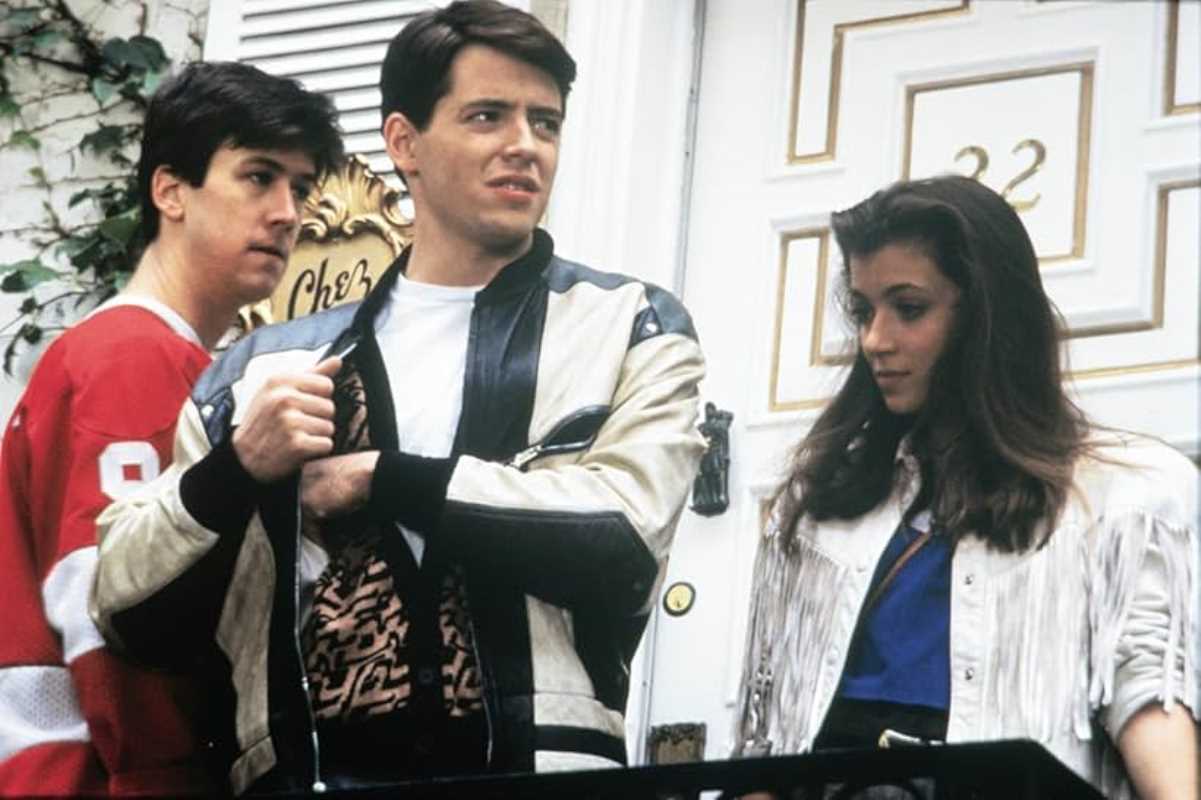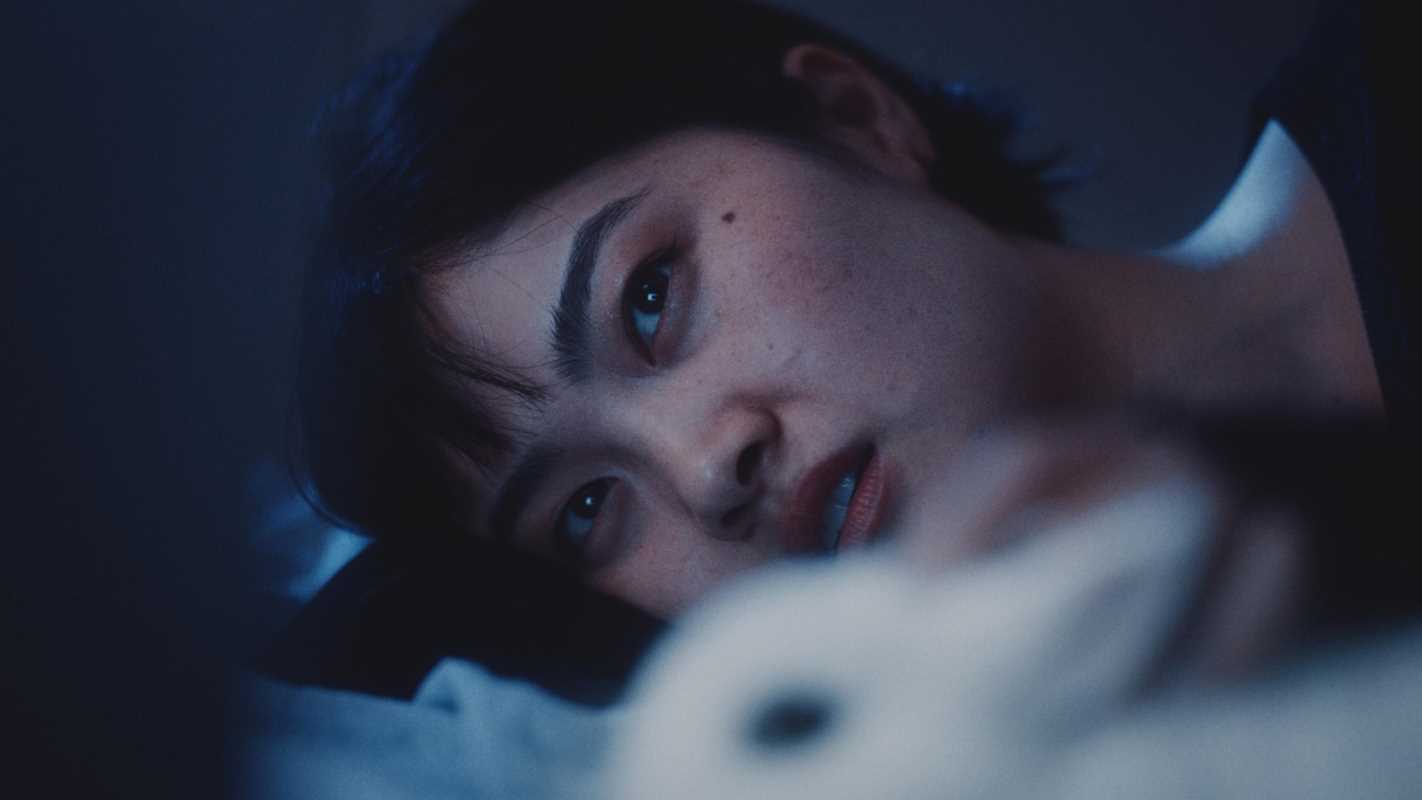In the vast, ever-expanding universe of streaming content, where new, high-concept dramas and slick sci-fi epics are launched every week, a curious trend has taken hold. Amidst the endless scroll, viewers are increasingly hitting "play" on comedies that are old enough to have their own mortgages. From the slapstick zaniness of the '80s to the sarcastic, coffee-shop cool of the '90s, throwback comedies are experiencing a massive resurgence. Streaming platforms, with their deep archives and powerful recommendation algorithms, have become digital time machines, reintroducing entire generations to films they either grew up with or missed entirely. It seems that in our complex, often chaotic modern world, there's a collective craving for something simpler, sillier, and comfortingly familiar.
This isn't just about a handful of cult classics finding a niche audience; it's a mainstream phenomenon. These films are topping streaming charts, sparking new conversations on social media, and proving that great comedy has an impressive shelf life. The appeal goes beyond simple nostalgia. These movies offer a different comedic rhythm, a style of storytelling that feels refreshingly straightforward compared to today's often meta, self-aware humor. They are cinematic comfort food, offering a reliable dose of laughter without demanding too much from the viewer. For a generation that grew up renting these movies on VHS, it's a chance to reconnect with a piece of their youth. For younger viewers, it’s a hilarious history lesson in what made people laugh before memes and TikTok.
The Quest for Comedic Comfort
One of the primary drivers behind this comedic renaissance is the simple human need for comfort. The world today can feel overwhelming, with a relentless news cycle and the constant pressure of digital life. In this environment, throwback comedies act as a potent form of escapism. They transport us to a world where the stakes are usually low, the problems are solvable within 90 minutes, and a happy ending is almost always guaranteed. Watching a John Hughes film or an early Eddie Murphy vehicle is like wrapping yourself in a warm, familiar blanket. You know the beats, you know the punchlines, and you know you’re going to feel good when the credits roll.
This search for low-stakes, high-reward entertainment is a powerful psychological balm. These films were made before cinematic universes and serialized storytelling became the norm. They are self-contained, easy to digest, and built for pure enjoyment. There's no need to have seen a prequel or to worry about a post-credits scene setting up a sequel. The mission is simple: to make you laugh. This uncomplicated approach feels like a relief. In a streaming landscape that often demands commitment and homework, the straightforward, feel-good nature of a classic comedy is more appealing than ever. It's a low-anxiety entertainment choice in a high-anxiety world.
A Different Flavor of Funny
Comedy, like any art form, evolves. The humor of today is often steeped in irony, social commentary, and a self-referential wink to the audience. While brilliant in its own right, it's a different comedic language than the one spoken by the popular films of the '80s and '90s. Throwback comedies often relied on broader character archetypes, well-structured setups and payoffs, and a healthy dose of physical slapstick. The humor was less about deconstruction and more about construction, building a scene to a crescendo of absurdity. This stylistic difference is a huge part of the appeal for modern audiences.
Rediscovering these films is like tasting a forgotten recipe. The comedic pacing is different, often more patient. Jokes are given room to breathe, and characters are allowed to be unapologetically goofy. Think of the elaborate, Rube Goldberg-esque sequences in Ferris Bueller's Day Off or the sheer physical commitment of Jim Carrey in Ace Ventura: Pet Detective. This brand of humor feels bold and earnest in a way that stands in stark contrast to today's more cynical comedic sensibilities. It’s not better or worse, just different, and that novelty is a powerful draw for viewers looking for a break from the current comedic landscape.
A Showcase of Comedy Legends
Streaming these older films serves as a vivid reminder of the sheer star power that defined previous comedic eras. Many of these movies were built around a singular, magnetic personality, a comedy titan at the absolute peak of their powers. This revival allows us to appreciate the genius of performers who could carry an entire film on the strength of their charisma and impeccable timing. It’s a masterclass in comedic performance, accessible anytime.
From the manic energy of Robin Williams to the deadpan cool of Bill Murray, these films are monuments to iconic talent. The accessibility of these movies on streaming platforms creates a sort of digital film festival, celebrating the work of these legends. Here are some of the throwback comedies and the stars that are captivating audiences all over again:
- Coming to America (1988): A showcase for Eddie Murphy and Arsenio Hall playing multiple, unforgettable characters. Its appeal lies in its sweet-natured story, lavish production, and Murphy's unparalleled ability to blend charm with character-driven comedy.
- Groundhog Day (1993): The perfect vehicle for Bill Murray's signature blend of sarcastic detachment and surprising warmth. Its high-concept premise is executed flawlessly, making it a timeless classic that is as thought-provoking as it is hilarious.
- Mrs. Doubtfire (1993): Robin Williams in his element, delivering a performance of incredible physical and vocal dexterity. The film balances laugh-out-loud moments with genuine heart, a combination that resonates deeply with viewers.
- Clueless (1995): A star-making turn for Alicia Silverstone, this film's witty, satirical take on teen life in Beverly Hills is endlessly quotable. Its sharp script and vibrant '90s aesthetic make it a joyful and intelligent watch.
- The Blues Brothers (1980): An explosive mix of deadpan comedy from John Belushi and Dan Aykroyd, combined with legendary musical performances. Its anarchic spirit and celebration of soul and blues music give it a unique, infectious energy.
The Power of a Shared Past
For many viewers, particularly Millennials and Gen X, the resurgence of these comedies is deeply rooted in nostalgia. These were the movies of their childhood and adolescence, the soundtracks to sleepovers and first dates. Streaming platforms have effectively opened a digital time capsule, allowing people to reconnect with the films that helped shape their sense of humor. Watching The Goonies or Ghostbusters again is not just about enjoying a movie; it's about reliving a feeling, a moment in time when life felt simpler. It’s a powerful emotional connection that new content struggles to replicate.
This shared cultural memory creates a communal viewing experience, even when watched alone. When a classic comedy starts trending, it sparks conversations online, with people sharing their favorite lines, scenes, and memories. It creates a bridge between generations, as parents introduce their children to the movies they loved at their age. This phenomenon proves that a film's legacy is not just in its box office numbers, but in its ability to become a part of our collective story. These comedies are more than just films; they are cultural touchstones, and their renewed popularity is a celebration of that shared past.
An Antidote to Franchise Fatigue
Today's entertainment landscape is heavily dominated by massive, interconnected franchises. While often spectacular, this focus on sequels, prequels, and spin-offs can lead to a sense of "franchise fatigue." Viewers can feel bogged down by the need to keep up with sprawling storylines and intricate character webs. In this context, the standalone nature of most throwback comedies feels like a breath of fresh air. They offer a complete, satisfying story in one sitting, a perfect palate cleanser from the multi-year arcs of modern blockbusters.
These films represent a time when a movie's success was based on its own merits, a clever concept, a sharp script, and great performances, rather than its connection to a larger intellectual property. They are reminders that a story doesn't need to be part of a ten-film saga to be compelling. The finite, self-contained world of a classic comedy provides a sense of closure and satisfaction that is often missing in today's "to be continued" culture. As viewers search for more variety and less commitment in their entertainment, the simple, standalone pleasure of a great throwback comedy is a proposition that's impossible to refuse.







